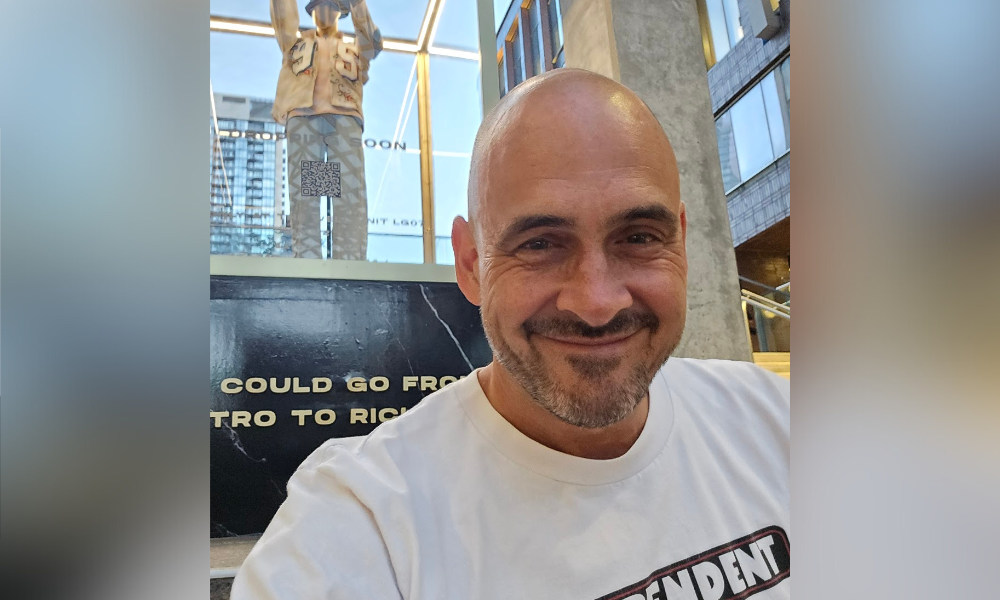In a world where likes can outpace logic, CFO warns of 'finfluencer' risks amid rise in financial misinformation

The explosion of financial content on TikTok, Instagram, and YouTube has democratized advice – but not without risk. For Michael Konopaski, CFO of Designed Securities, the concern isn’t that young investors are learning online – it’s that they’re learning from the wrong sources.
“There’s essentially two types [of finfluencers],” Konopaski said. “Ones who are licensed professionals in the business and ones that are not… In general, there is nothing wrong with an influencer as a principle.” He pointed to Tony Robbins and Robert Kiyosaki as unlicensed voices who still provide value. But, he added, “the onus falls on the audience to differentiate between marketing spin and sound financial insight.”
That’s where the trouble begins. “A good influencer would state if what they were saying was their opinion or was based on good research,” Konopaski said. Too many don’t.
What passes for research is often anecdotal – or worse, unchecked. As followings grow, so does the illusion of credibility. “Nobody’s challenging them,” Konopaski said. “Their voice is taken for granted. And I think that’s dangerous.”
The mismatch between mass advice and individual suitability isn’t new – but social media has made it immediate. “The regulators, we want to make sure that you're not giving a blanket recommendation,” Konopaski said. “Nothing’s changed other than the distribution channel for the information.”
Influencer-driven content like “Top three crypto ETFs” or “Why I only invest in impact portfolios” may go viral, but it rarely includes context. “There’s no way to filter who that might be suitable for and who that might not be,” Konopaski said.
The deeper issue, he argued, is a lack of academic rigor in personal finance as a discipline. “Accounting has been around for over 500 years… whereas personal finance and financial planning is a young area,” he said. “There’s not a lot of academics, there’s not a lot of research projects that are truly independent.”
Most financial research, he added, is industry-funded and commercially biased. “Relying on research from a fund company or an asset manager who is clearly trying to increase their market share… you have to realize that there’s a bias.”
Konopaski isn’t calling for a crackdown, but for more transparency. “The ones that are going to last in the long run are going to be ones that are open and honest and disclose their biases… They talk about why they feel the way they feel.”
He sees a spectrum of influencer behaviour – some humble, others dogmatic. “There are some that are like, ‘I can be wrong sometimes.’ But then there’s the narcissists that are like, ‘If you don’t do what I’m saying, you’re dumb.’”
When asked how traditional advisors can compete with that simplicity, Konopaski was blunt: “It’s very difficult… customization is key. Your client needs customized advice because everyone that walks through the door has a different scenario.”
Though typically wary of regulation, Konopaski supports stronger oversight in this space. “I’m not a big fan of more regulation, but in this case, I am, because people will rely on what they hear from an influential person,” he said.
In Canada, he noted, influencer activity has far outpaced regulation. Some are self-made, others are bank-sponsored – and both groups need accountability. “They need to be held accountable as well.”
The issue isn’t branding – it’s bias. “I don’t want to make it sound like the ones that are simultaneously giving financial advice are really trying to promote their personal brand often give really good advice,” Konopaski said. “But when they don’t, that’s the problem.”
For him, the contrast is clear: peer-reviewed research versus viral opinion. “Everything we did [in academia] was peer reviewed,” he said. “You couldn’t publish something until your peers had you in a room and they challenged you vigorously.”
In a world where likes outpace logic, Konopaski believes only one thing can restore credibility: “Accountability. That’s what we’re missing.”



